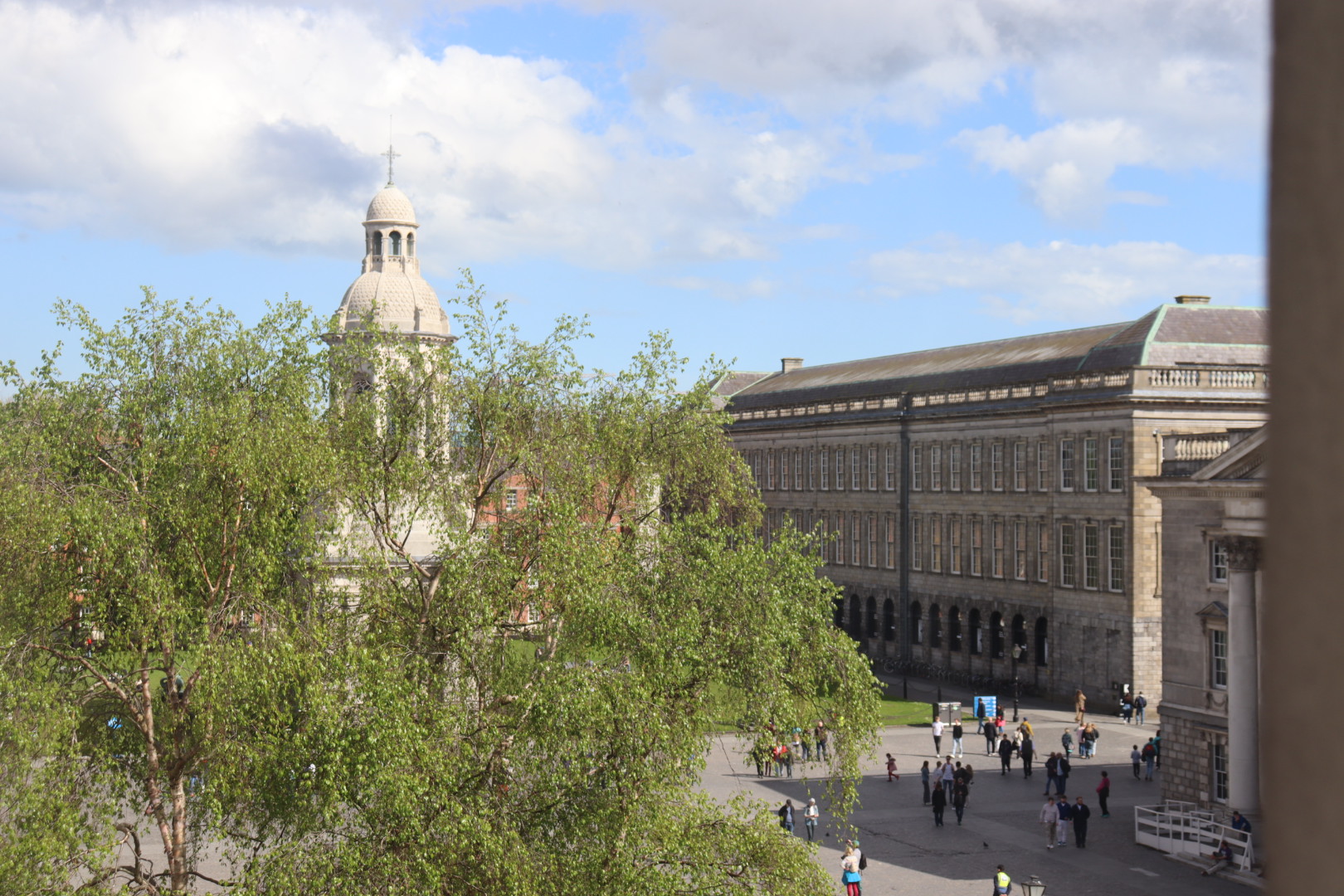David Gorman
Staff Writer
As Pep Guardiola announces that he will stand down as Barcelona manager at the end of the season, he leaves behind one of the most successful teams in modern football history. Guardiola’s Barcelona won 13 trophies in total during his four year tenure, including three successive La Liga titles and two Champions League wins. He can make that 14, with a win in the Copa del Rey final against Atletico Bilbao on 25 May. However, he leaves the club after one of its darkest weeks under Guardiola. A crushing loss at home in the El Clasico against the clinical Real Madrid side and a similar eye-opening defeat to a rejuvenated Chelsea side in the Champions League semi-final, falling to Roberto Di Matteo’s side 3-2 on aggregate.
The failure of Guardiola’s Barcelona this season can be put down to the fact that they are victims of their own success. As in every sport, the champion is the most heavily scrutinised competitor and the opponents will do anything to exploit their weaknesses and take the crown from them. Had they not been so exhilarating in their ability to rip some of the best teams in the world apart and had a team that included the irrepressible Lionel Messi, then they would not have faced teams with such negative tactics against them. Inter Milan began the trend in the 2010 Champions’ League of ultra-defensive set-ups against the Catalans. Managed by who many consider to be the best manager in the world, Jose Mourinho, they ‘parked the bus’ at the Nou Camp. They protected their lead from the first leg by setting up with 10 players in and around the Barcelona penalty area and scraped a win against the ‘unbeatable’ team. With better forward players, the tactic was again successful last Saturday in the El Clasico for Mourinho’s new employers, Real Madrid. Once more, it would be used to great effect this week by Chelsea. Chelsea crowded the central areas in front of the goal, allowing Barcelona space on the wings but not in the middle. With great fortune and determination, they managed to eliminate Barcelona in a similar way to that Jose’s Inter had managed. Chelsea had proved to be the thorn in the side of Guardiola, being the only team that Barcelona had failed to beat in the four matches between the two sides in his reign (albeit victory on aggregate on away goals in 2009).
These losses saddened many purists who felt that the ‘Beauty’ had been vanquished by the ‘Beast’ but Chelsea and Real Madrid had won fair and square. The ties raised question marks over Guardiola’s lack of a plan B. It is to their credit that the tika-taka football that we have become accustomed to seeing by the Catalans use has become the style to follow in world football because of the successes of Barcelona and Spain. But it showed its limitations against Chelsea. There was not enough variation to their play as they passed the ball to death in the middle third of the pitch. Despite all the passing, time and time again, their attacks ended up at the feet of full-back Daniel Alves to cross the ball in to a set of small forwards. This would be easily dealt with by the Chelsea defenders. The new manager will have to come up with an alternative way to deal with these, to borrow a term from the GAA, ‘blanket defences’ because it is beginning to cause Barcelona serious problems.
Guardiola also changed his formation to 3-4-3 rather than the 4-3-3 that had brought him two Champions Leagues. It simply did not work as effectively. A couple of factors pushed him towards this change. The sad illness of left-back Eric Adidal to liver cancer left him uncomfortable with his options at left-back. Secondly, the arrival of Cesc Fabregas during the summer and the emergence of the talented young midfielder Thiago brought added pressure to fit everyone in the team. The new formation came at a detriment to both Barcelona’s shape and potency. Without David Villa, the team was left heavily reliant on Lionel Messi for goals and while the young genius can usually carry the burden, the last three games showed he cannot always do it all on his own. The extra midfielder proved unnecessary as Barcelona already dominate possession in the middle of the field every game, they would have been better suited with an extra forward or defender. Both young players Cuenca and Tello were played in the games against Chelsea despite not looking to be ready to play such a big encounter. Criticisms aside, Barcelona also suffered a horrible dose of bad luck against Chelsea which derailed their chances. They hit the post four times and missed a penalty so it could all have been so different.
Guardiola is synonymous with FC Barcelona. He unites the two glorious periods in Barcelona history, as the lynchpin in the Dream Team of 1992, who won the Champions League that year and as a manager, this current unheralded period of success for Barcelona. He has left a legacy of strong work-ethic which made them not only the most skilful team but the hardest working team in the world. As for Barcelona now themselves, the baton is passed to his assistant Tito Vilanova. Do not expect major changes to take place with this appointment. And Barcelona do not need a major overhaul despite their flaws. It would be a sad move for them to change philosophy. A centre-back and a left-back during the summer, as well as a poacher striker would have them almost unstoppable again. Gareth Bale, Thiago Silva and Fernando Llorente are bound to be in their thinking. They should have the Spanish star forward David Villa returning from injury next season. They still have the best player in the world in Lionel Messi. And most of all, they will have regained the hunger that was lacking this season to retain the trophies that they have lost.
As for Guardiola, what must be asked with his departure is that is he a footballing revolutionary or simply a manager who benefitted from inheriting an extremely talented squad that included three of the best players in the world? There is little doubt that he got the best out of his team but would he be capable of achieving the same success from a less talented squad that he would have to assemble himself? This needs to be shown if Guardiola is to be proven a great manager. A break from the game is expected to be taken by Pep, where afterwards management in England beckons for him. Chelsea and Man City would be likely destinations for him but he may hold out for the retirement of Alex Ferguson at Manchester United. He would have the personality and the philosophy to succeed at the impossible job of replacing the great man.
Whatever happens, the departure of the charismatic Pep Guardiola from Barcelona marks the end of an era for FC Barcelona. Perhaps, we will see the end of a period of dominance with beautiful football that has been rarely seen before. The legacy is up there with the 1954 ‘Magical Magyars’, 1970 Brazil team, the Dutch Total Football of the 1970s and the AC Milan great team of the early 1990s. Who from this generation will forget the sumptuous passing of Xavi and Andres Iniesta in midfield? Or the elusive genius of Lionel Messi who has dazzled crowds with his mazy runs and goalscoring prowess? For Barcelona 2009-2012 were and hopefully may still be a team to ‘tell the grandchildren about’.







